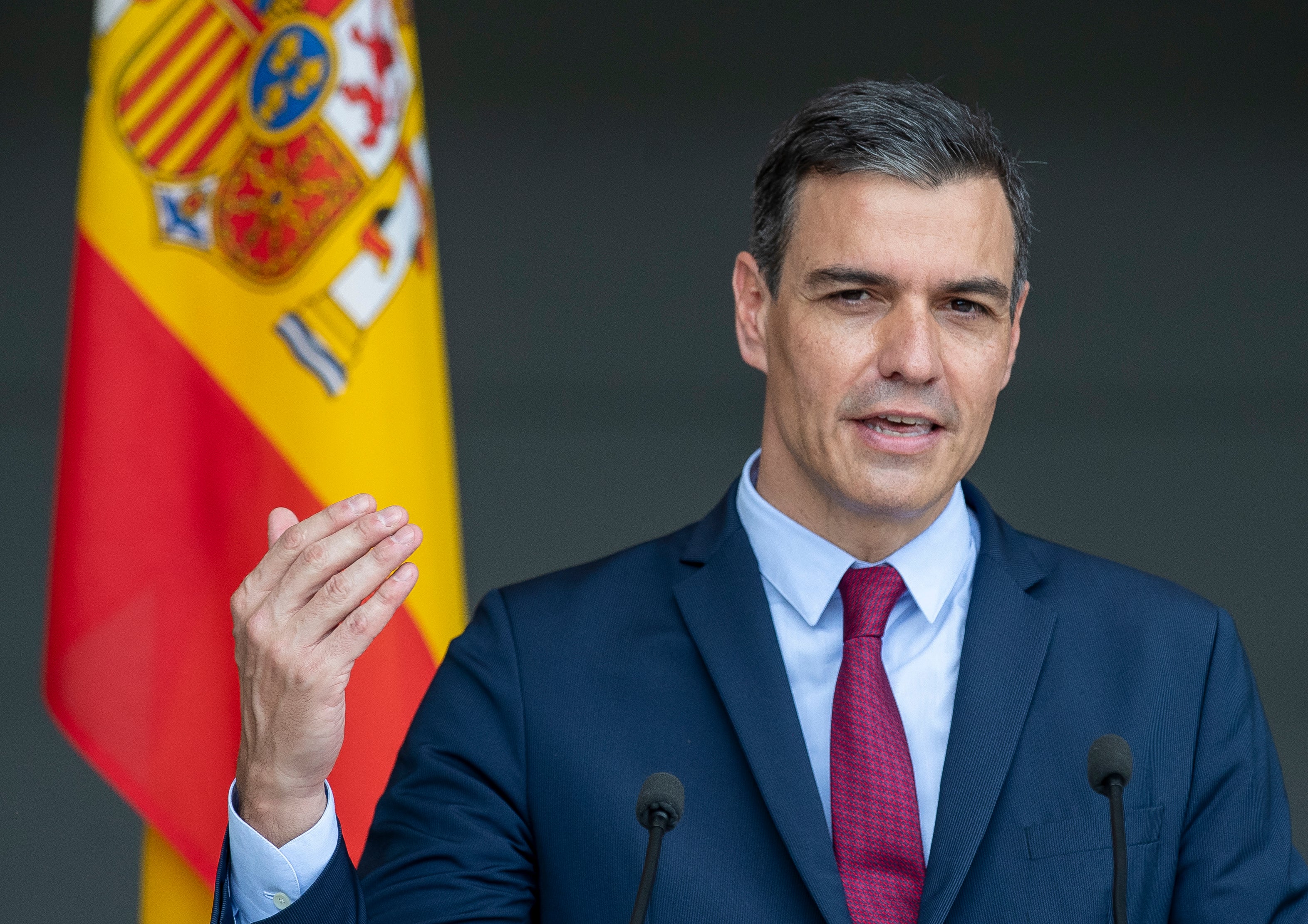Spanish prime minister vows to criminalise sex work because it ‘enslaves women’
Sex work, a recurring theme in the PM’s speeches, remains one of the country’s biggest economic contributors

Spain's prime minister Pedro Sanchez vowed to criminalise sex work in the country as the practice "enslaves women”.
"Out of this congress emerges a commitment I will implement. We will advance by abolishing prostitution, which enslaves women,” the leftist prime minister said at the concluding event of a three-day congress of his Socialist party in Valencia on Sunday.
Sex work was decriminalised in Spain in 1995, even though sexual exploitation and pimping remained illegal. The profession, albeit unregulated, has since then grown with the rising numbers of brothels across the country.
Women are not prosecuted for their choice of profession, but are bereft of government-mandated benefits and a guaranteed minimum wage.
The United Nations (UN) in its 2011 report cited Spain as the world's third-biggest capital of sex work after Thailand and Puerto Rico. The UN estimated the country's sex industry was worth £3.1bn.
A recent report suggests that Spain's domestic sex work industry, which employs estimated 300,000 women, adds about £19.30bn to the country's once-plummeting economy.
One in three men in Spain has reportedly paid for sex at least once in their life, according to a 2009 survey by the country's state-owned Social Investigations Centre (CIS).
However, this is not the first time that the prime minister has vowed to outlaw sex work. Prior to the Spanish general elections in 2019, Mr Sanchez's party, in their election manifesto, pledged to criminalise sex work to lure more female voters.
The socialist party's manifesto called sex work "one of the cruellest aspects of the feminisation of poverty and one of the worst forms of violence against women."
The party also proposed to clamp down on agencies conducting surrogacy, a practice banned in Spain, which it claimed: “undermines the rights of women, in particular, the most vulnerable, by treating their bodies and reproductive functions as merchandise."
Although it has been almost two years since Mr Sanchez took office, the government is yet to table a legislation to ban sex work.
The prime minister's cry for a ban on sex work rises from an escalating human trafficking issue caused by a legal vacuum. In 2019, at least 250 persons were identified as victims of sex trafficking, according to reports.
In Spain, up to 90 per cent of sex workers are reportedly under the control of organized crime networks and mostly trafficked from other countries. In the 1980s, most sex workers were Spanish, but today a large number of women associated with the sex industry are immigrants from Latin America, Eastern Europe or Africa.
Subscribe to Independent Premium to bookmark this article
Want to bookmark your favourite articles and stories to read or reference later? Start your Independent Premium subscription today.

Join our commenting forum
Join thought-provoking conversations, follow other Independent readers and see their replies